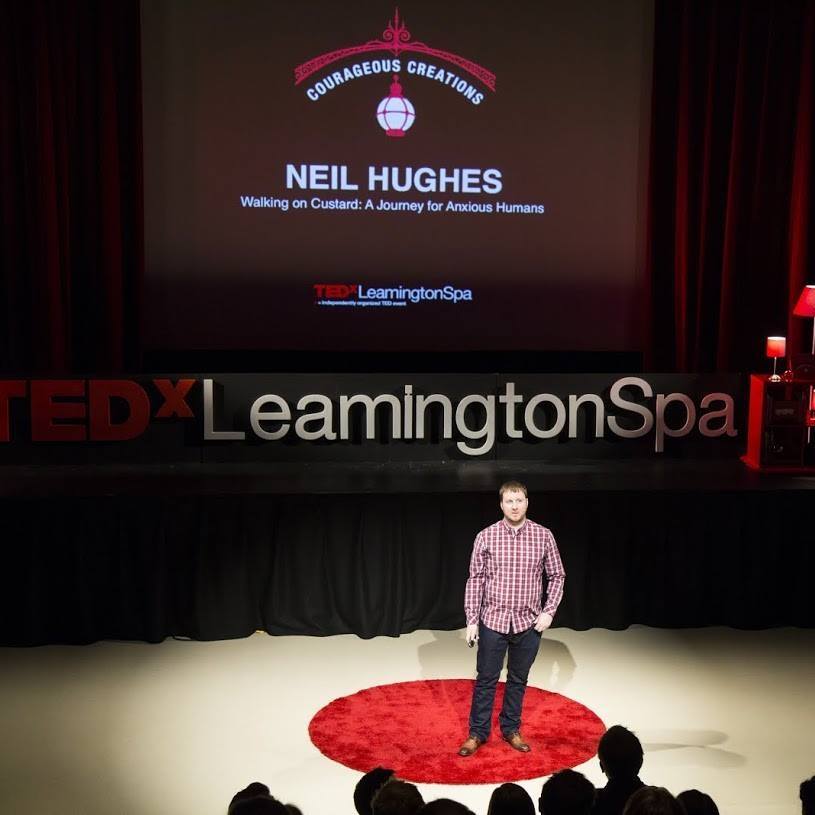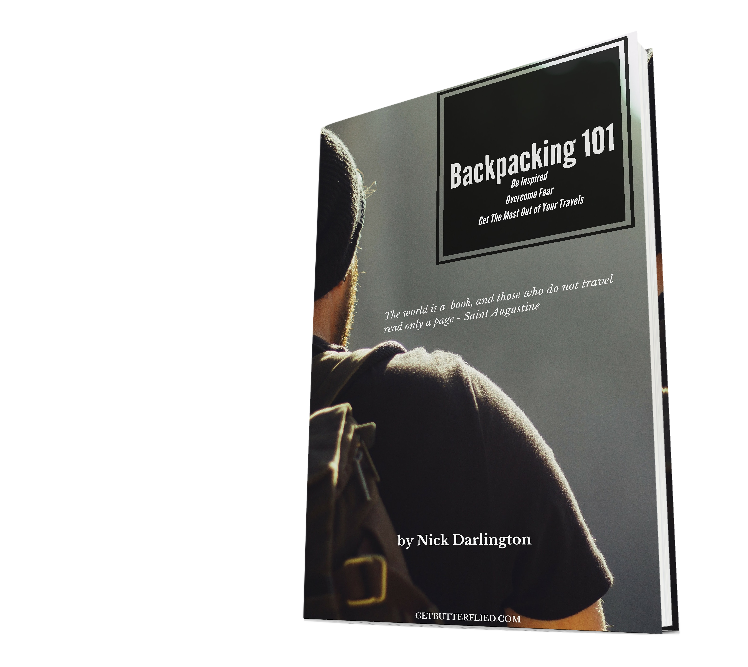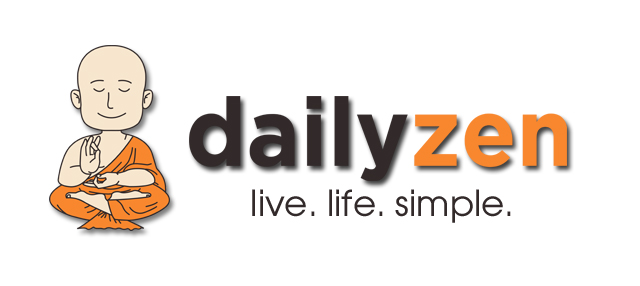Anxiety is often characterised by inner turmoil and associated feelings often include restlessness, agitation, worry uneasiness. It often involves uneasiness about a future event.
I’m sure many of you have experienced this in your life. I sure have, I remember as a child and throughout high school, worrying unnecessarily about things, things which weren’t as bad as I made them out to be.
And that’s often the thing, anxiety often involves an over reaction.
Sometimes it spontaneously pops up for no reason. What’s worse is that sometimes you feel anxious and you don’t even know why. It drives you crazy. And then you start to feel anxious about being anxious. It becomes a vicious cycle.
I recently started reading a book by Neil Hughes called Walking on Custard and the Meaning of Life: a Guide for anxious humans (I strongly suggest you read this book, even if you aren’t anxious as there is a lot you can learn from it) and he explains how anxiety often surfaces and you have no idea why.
He has experienced anxiety for much of his life to such a degree that he is able to break down how it spontaneously surfaces as follows:
- Some event occurs.
- An automatic thought goes unnoticed: “ Something bad may happen ”
- The automatic thought makes me feel anxious.
- I consciously react to this uncomfortable feeling. As I never noticed the automatic thought, I can’t understand why I feel anxious. So I think: “ I shouldn’t feel anxious, there’s no reason for it. ”
- I react to the ‘shouldn’t’ thought by feeling even worse. The cycle continues.
So what do you do to break out of this vicious cycle or better yet prevent it from happening in the first place?
Below I have listed some strategies that you can employ( from personal experience and Neils Book) in dealing with anxiety. They can be applied to any life problem really.
Accept Responsibility for Your Own Anxiety
Ultimately we are responsible for our own lives and need to accept responsibility for the anxiety or any problem. Granted certain circumstances are out of our control, such as a train arriving late, but how we react to the train arriving late is another story. How we react to being anxious is a choice. We can choose to accept its presence and take it from there.
Acceptance of Anxiety
Ceasing to fight it and accepting its presence switches off the anxiety about the anxiety. It gets you out of the vicious cycle. Whilst this doesn’t solve the root problem, as to why the anxiety was caused in the first place,it does ensure the anxiety is not compounded.
From that point the anxiety is more manageable. You can think more rationally. Perhaps through introspection and due to the fact that you are more relaxed you can actually get to the root of why the anxiety is there.
You can employ this tactic towards any problem in life really by accepting the reality as it is.
Don’t dwell on the past. Look at what you can change. For example Instead of fighting the inner turmoil of doing an 8-5 job ( which I had been experiencing a while back), focus on building the new, creating your own path and discovering what you want out of life. For me it was the creation of getButterflied.
Awareness of Thoughts
Neil mentions that an automatic thought goes unnoticed. If we were more aware of our thoughts, particularly the automatic ones that just pop in our head, we would be able to acknowledge the thought and tell it to fuck off before it causes anxiety and the possible vicious cycle that follows.
Remember it’s just a thought. The reactions, decisions and actions that follow are dependent on how you identify with your thoughts. Be more conscious of your thought process.
Don’t be Scared to Reach Out
Something very basic, that we seem to forget, is that we do not need to deal with all our anxiety or any problem in life really on our own. We have family and friends and there is no harm in reaching out to them.
Shutting ourselves off can be worse as we get so caught up in it all, we lose clarity. As Neil mentions, “…it can make us feel worse as we overestimate how well everyone else is dealing with their problems”.
Exercise
Go for a run or any form of exercise really. Anxiety causes a massive energy build up within you. Going for a run gets rid of this and allows you to think clearly. Even a walk will do.
I recently started doing Yoga, not only is it fantastic exercise, it also clears your mind and helps you think more clearly.
Write
Open up a document. Start writing. Go wild. It doesn’t matter if things don’t make sense, just write. I find this relaxes me, sorts lots of shit out in my head and ultimately can reduce anxiety
Prioritise
Finally this is a tactic to employ when you know your anxiety is being caused by the fact that you feel overwhelmed by the many things you want to get done to the point that you end up getting nothing done.I recently found myself caught up in wanting to travel, learn Spanish, start my own business, whilst exercising and also looking into photography.
Prioritising what’s important to you will break everything up into manageable tasks and allow you to find comfort in the fact that everything doesn’t need to be completed all at once.
UPDATE: Since publishing this post, Neil Hughes who is an author, comedian and physicist has released a great Ted Talk for anyone suffering from anxiety. He throws a unique comedic spin on it. I enjoyed it thoroughly.
YOUR THOUGHTS
Do you suffer from anxiety? What strategies have you employed to help you cope?






